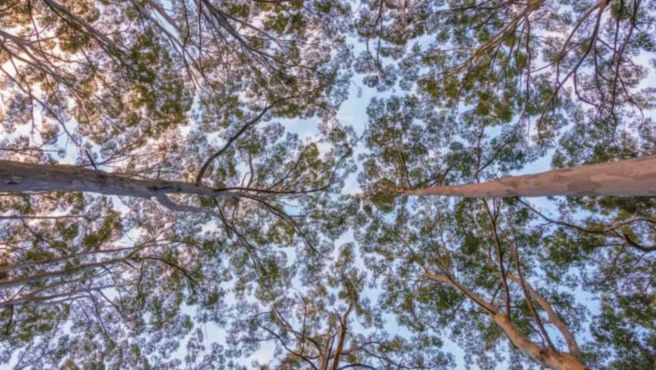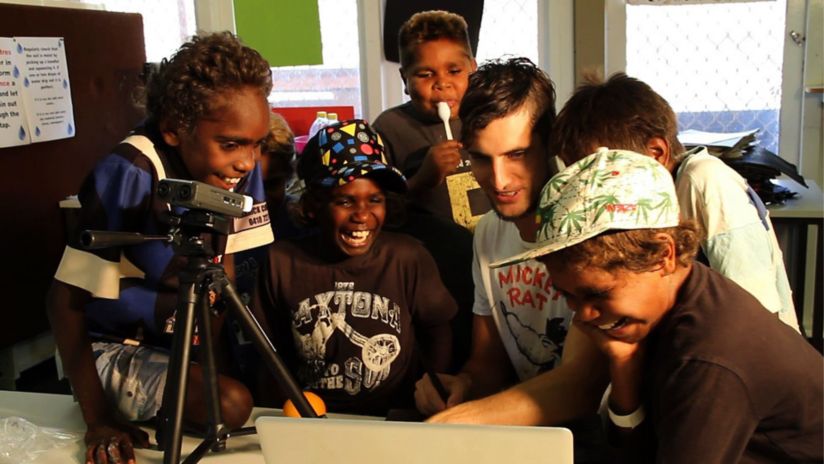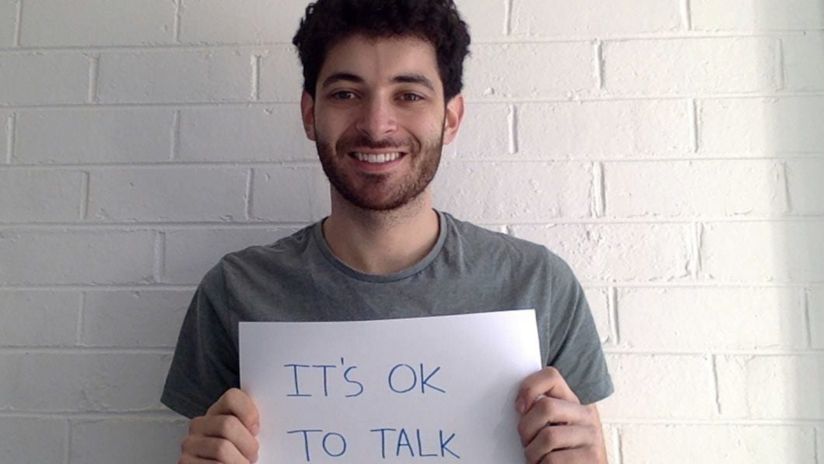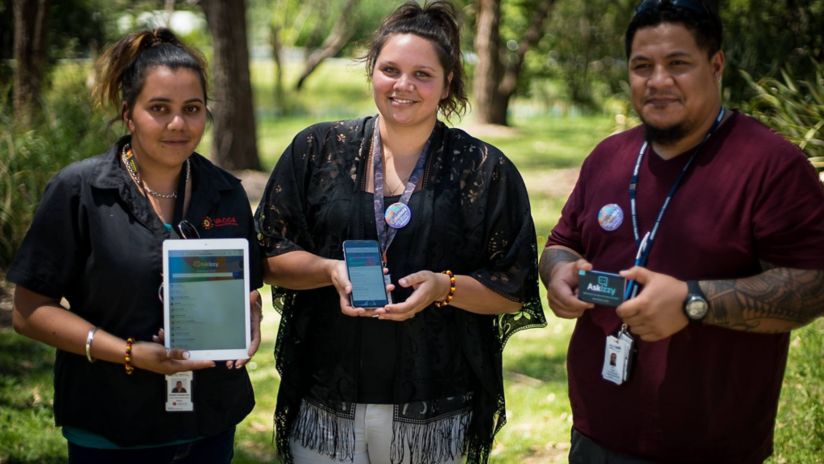How we're reimagining social inclusion with charity backing
Social innovation is a serious business and through the Telstra Foundation’s Tech4Good Challenge, 15 Australian non-profits have put some serious skin in the game to learn new ways of working.

Earlier this year we partnered with education campus Academy Xi to support 15 charities through weekly training courses in Sydney and Melbourne for five months.We added some seed funding, amazing teachers, mentors, and collaborators to guide the charities as they scoped digital ideas into business cases and early stage prototypes.
Throughout the process, each participant confirmed what can be achieved when you unleash creativity, experimentation, and digital innovation in the non-profit sector - we believe this is a sector well placed to find innovative solutions to some of our most pressing social challenges.
At the end of the program, 15 Tech4Good proposals were pitched to the Telstra Foundation Board who had the unenviable task of selecting five charities to receive an additional $450,000 of funding and support over the next two years.
While all of our Tech4Good charities demonstrated they have a rightful place in Australia’s digital innovation ecosystem, the successful charities clearly showed that their ideas were “ready for next stage investment and had dug deep to articulate their product roadmaps, risk mediation, and social potential” of their proposals.
From supporting young people with Autism to creating a greater appreciation of Indigenous culture, we’re excited to discover the impact these five non-profits will make to so many different parts of society as they start to build, test, and evaluate their Tech4Good products with the young people they were designed for.
Autism CRC

In stage 1 of the Tech4Good Challenge, Autism CRC designed a digital solution, called MyWay Employability, to help school leavers on the spectrum identify their strengths and interests, set goals and track progress on their path to a successful career.
“Almost two-thirds of people on the spectrum are unemployed. Reaching young people with a tailored program while they are still in school is critical because receiving the right support to plan and prepare early can set them up for success.” says Autism CRC project co-leader, Cheryl Mangan.
“Our work over the next two years will involve a deep dive with the autistic community to ensure relevance and optimal engagement for autistic young people. We will partner and collaborate with autism service providers and education departments to ensure MyWay Employability delivers value in practice, working to support young people on the spectrum as part of a comprehensive school transition strategy.”
BIG hART

For the past eight years, Australia’s leading arts and social change organisation, BIG hART has been working closely with the Indigenous communities in Roebourne, the Aboriginal heart of the Pilbara region in Western Australia, developing a special digital work with substantial social impact.
Now, thanks to the Telstra Foundation, BIG hART has the opportunity to expand the reach of this digital resource to help build bridges of respect and understanding between the future generations of Indigenous and non-Indigenous Australia and assist teachers with their Indigenous history and culture cross-curriculum priorities.
“We’re extremely delighted and proud to make it through to stage 2 of the Tech4Good challenge - it’s a very exciting time for us as we continue our partnerships with the community and young Indigenous people of Roebourne. With the Telstra Foundation’s support, we are going to take NEO-Learning to the next level,” says BIG hART Associate Artist Mark Leahy.
eOrygen

eOrygen, the digital division within Orygen which works to transform youth mental health care through science and technology, are developing a mobile app called Real, to transform therapy from a place young people go occasionally for support, to a 24/7 tool that proactively delivers real time help in the real life moment it’s needed.
Over half of all young people will experience a period of mental ill health, such as anxiety and depression, during their transition to adulthood. This has profound consequences for many young Australians – mental ill-health is the leading cause of disability and death among 15-24-year-olds.
“This additional funding gives us the opportunity to try something completely new in youth mental health care. This is a direction our team has been eager to take for some time, and we’re so excited to be able to embark on this project with the support and guidance of the Telstra Foundation’s Tech4Good challenge” says eOrygen program co-ordinator Tamsyn Gilbertson.
Expression Australia
Through the Tech4Good Challenge Expression Australia have been exploring opportunities to develop an app that will help remove the stigma and improve mainstream community attitudes towards deaf people.
Their digital solution - Auslan Anywhere - will provide key signs, sentences, poetry, stories, and even songs in Auslan as well as best practice guidelines for how to address and communicate with people who are deaf or hard of hearing.
“This additional funding and support from the Telstra Foundation will allow the Deaf Community the opportunity to share our language, Auslan, and culture through technology. The financial and expert support from Telstra and Academy Xi will be invaluable, just as it has been throughout the Tech4Good Challenge process. As a non-profit, it’s unlikely that Expression Australia would be able to self-fund a project of this magnitude, and we look forward to the impact this will have,” says Expression Australia Manager Maxine Buxton.
Infoxchange

Armed with data from more than one million searches on their Ask Izzy mobile website which provides information about support services for young people experiencing homelessness, the Infoxchange team are using the Tech4Good challenge to explore adding a voice-activated digital assistant to the platform.
“Not only will a voice assistant help users access the information they need quickly, it will help disrupt the cycle of youth homelessness by providing a more conversational and personalized way for young people in need to connect to support and services,” says Infoxchange Senior Program Manager Lisa Fletcher.
“The voice assistant will also make it easier for people with English as a second language, low literacy, limited hand dexterity, or vision impairment to find help. We’re really excited that we have the opportunity to bring this digital idea to life with another two years of support and funding from the Telstra Foundation.”
Visit The Telstra Foundation’s Tech4Good hub to find out more about the Tech4Good Challenge and the 15 participating non-profits who took part in stage 1.